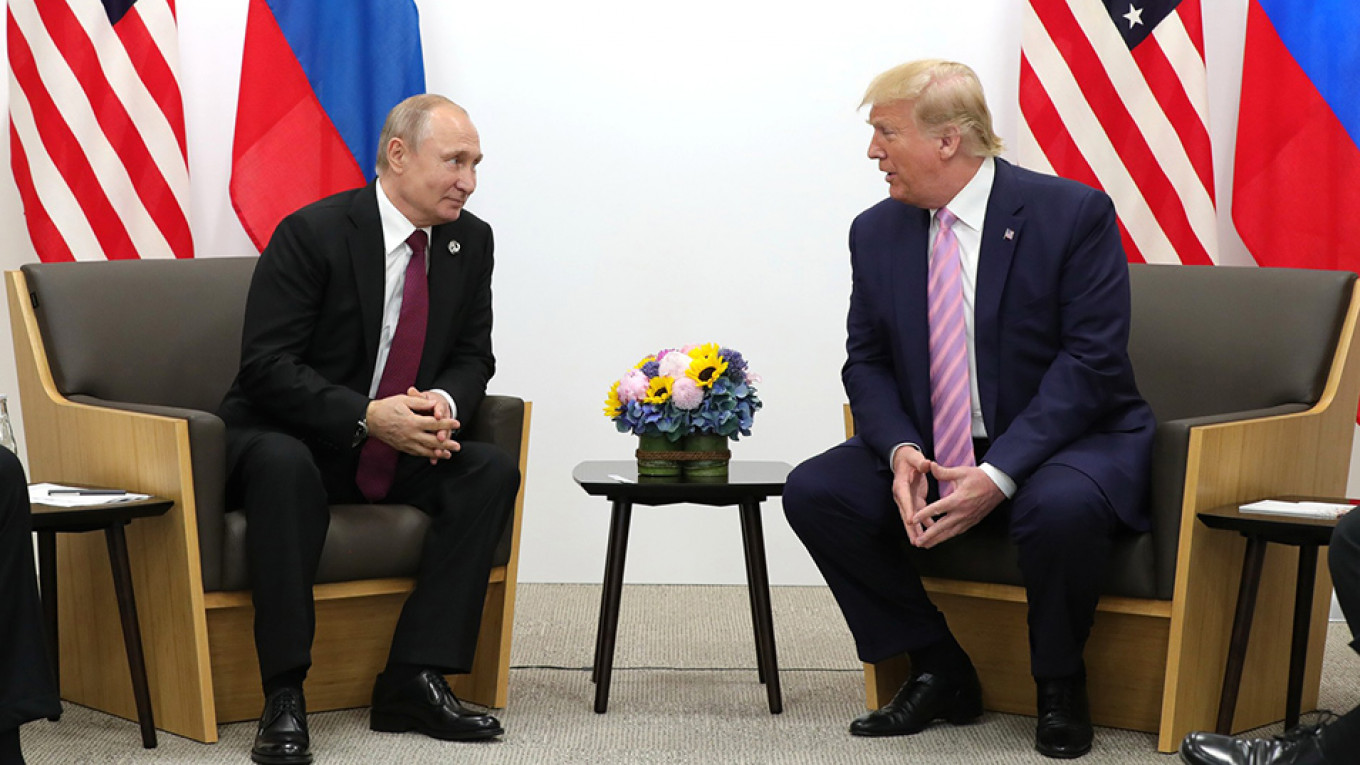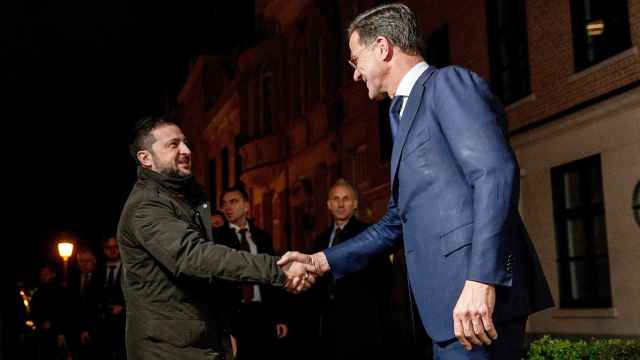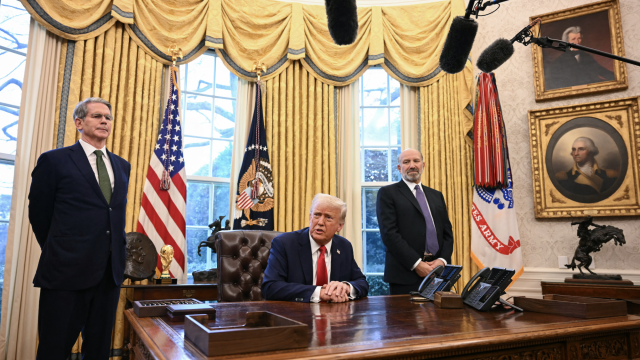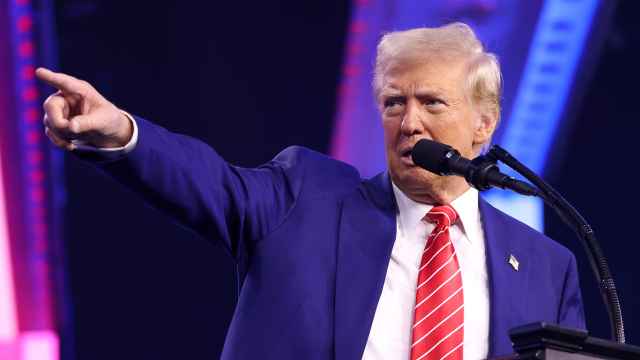The moral high ground occupies an interesting place in politics. It technically doesn’t exist — and yet much of political rhetoric directly depends on our attempts to capture it.
As a political actor, President Donald J. Trump has chosen — or perhaps not so much chosen as instinctually grasped at — a very different tactic. The moral high ground doesn’t matter and facts are whatever you want them to be, as long as you state your case with conviction. Being right is not at all important, what’s important is whether or not you are powerful enough to stop people from questioning you in the first place. If you can make your opponents feel afraid while you’re at it, good for you.
Under the Trump administration, people who previously spent a lot of time worrying about whether or not the United States has “the moral authority” to “lecture” countries such as Russia, suddenly don’t have much to do anymore.
Sure, one can go through the motions of wringing one’s hands about whether or not Russia will “use” Trump singling out four congresswomen who just happen to not be white and implying they should be thrown out of the country to the ecstatic cheers of his base — just to give an obvious example of the sort of thing a different politician could be shamed for — but the gesture is still hollow.
The sitting U.S. president does not care about “lecturing” Russia, nor does he care about how Russia may interpret his use of racism to further divide his country. That’s because he does not care about U.S. interests abroad in the first place, for as long as they do not affect his personal brand.
As for division in U.S. society — great! Political turmoil in the United States is something Trump feeds off like a tick. This turmoil is certainly also a net gain for Moscow.
Trump’s brand, meanwhile, enjoys some popularity in Russia. Trump is, of course, an erratic kind of demagogue, and what’s going on with Iran has probably caused all sorts of headaches in the Kremlin. Yet at the same time, Trump’s contempt of rule of law, as well as his general desire to be liked and complimented by strongmen leaders such as Vladimir Putin, make him a close ideological ally of the Moscow school of government. While he is not a leader in Putin’s image, Trump wants to be that man, and imitation is the highest form of flattery.
If you, therefore, care about the moral high ground, you must care about what comes after. What will American democracy look like after Trump? How will the Russian government aim to use the corrosion of our institutions as well as of our political discourse to its own advantage? These are the questions to ask now, as opposed to later.
It’s good to remember that Trump is, once again, a divisive and unpopular president. He faces both an angry opposition and members of his own party who are already looking ahead to how they will protect their careers after Trump leaves office. Trump’s failure to win the popular vote and, more importantly, his obsessive devotion to his own brand means that he is unable to fully represent the United States on the national stage.
All of this is good to remember when considering what foreign policy may look like after Trump. While I doubt we will simply be able to shrug off the damage he has done, we can use the lessons of his virulently self-interested leadership to mitigate accordingly.
We have long praised self-interest as the ultimate virtue, yet Trump is emblematic of the fact that this mindset goes too far eventually. While we are constantly asked to dwell on his personality, we should consider that today he is a symptom of democratic decline. This decline is being exploited by people who also have a lot of ideology in common with Moscow’s “managed democracy” and are just more subtle about it.
Remember, powerful people who still have much to gain from the Trump presidency look at the Russian elite and don’t wish to criticize it. Instead, they are jealous of its unapologetic voraciousness. They want that kind of naked power. They will persist in their desires long after Trump himself is gone.
In a world where the moral high ground is mostly an illusory concept, the most moral act is to plan ahead for the troubles to come. It’s what everybody who isn’t interested in the U.S. being more like the Kremlin should be doing.
A Message from The Moscow Times:
Dear readers,
We are facing unprecedented challenges. Russia's Prosecutor General's Office has designated The Moscow Times as an "undesirable" organization, criminalizing our work and putting our staff at risk of prosecution. This follows our earlier unjust labeling as a "foreign agent."
These actions are direct attempts to silence independent journalism in Russia. The authorities claim our work "discredits the decisions of the Russian leadership." We see things differently: we strive to provide accurate, unbiased reporting on Russia.
We, the journalists of The Moscow Times, refuse to be silenced. But to continue our work, we need your help.
Your support, no matter how small, makes a world of difference. If you can, please support us monthly starting from just $2. It's quick to set up, and every contribution makes a significant impact.
By supporting The Moscow Times, you're defending open, independent journalism in the face of repression. Thank you for standing with us.
Remind me later.








